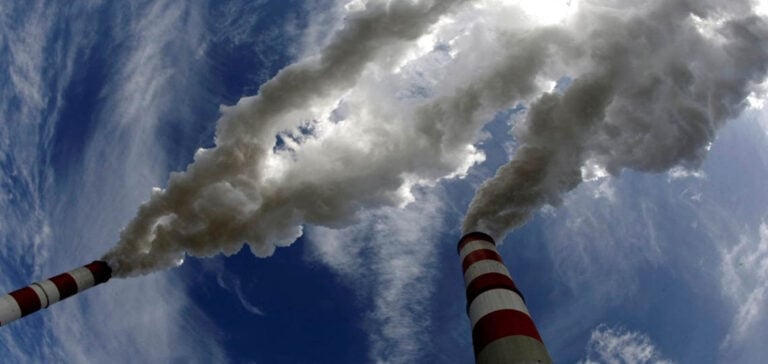The thorny issue of “unabated” fossil fuels will be addressed at COP28, scheduled to take place from November 30 to December 12 in Dubai. But what does this term really mean, and what consequences would its adoption have for the future of our planet? This issue is at the heart of current debates, and could have a considerable impact on the fight against climate change.
An Ambiguous Term at the Crossroads
Over the past year, the term “unabated” has become a major concern. In the spring, the G7 called for an accelerated phase-out of fossil fuels, the first official assessment of the Paris Agreement underlined the need to move away from fossil fuels as quickly as possible, and the 27 EU countries are currently trying to define a common position for COP28. But what exactly does “unabated” mean? Is this a real opportunity to end the use of fossil fuels, or just a loophole for the oil and gas industry?
The Quest for Clear Definition
It is essential to note that there is no internationally recognized definition of what is meant by the terms “unabated” or “abated”. The footnote to the latest IPCC report tells us that “unabated” fossil fuels are those produced and consumed “without measures to substantially reduce” the amount of greenhouse gases emitted throughout the cycle. This can include capturing at least 90% of CO2 emissions from power plants, or 50-80% of methane from hydrocarbon production and transport. However, this definition leaves some questions unanswered, such as the need to exclude carbon offsetting and the permanence of CO2 capture.
The Carbon Capture and Storage Bras de Fer
The debate surrounding the term “unabated” focuses mainly on carbon capture and storage, promoted by the oil industry and certain oil-producing countries. These technologies, although deemed necessary by a small proportion of the IPCC, are criticized for potentially being used as a justification for expanding fossil fuel production rather than promoting alternatives.
Towards a Crucial Decision at COP28
The quantity of emissions that must be retained to consider combustion as sufficiently “abated” remains unclear. This leaves room for multiple interpretations. Safeguards such as capture rates in excess of 95%, permanent storage, exclusion of carbon offsets, and coverage of the entire life cycle of fossil fuels are suggested by several experts.
However, it is important to note that few power plants are currently using these technologies. According to the International Energy Agency, the latter are considered costly and have yet to be proven on a large scale.
Divergent positions at COP28
The position of COP28 President Sultan Al Jaber diverges from that of some countries calling for a total phase-out of fossil fuels. While some island countries, threatened by rising sea levels, are calling for a “non-proliferation treaty” on fossil fuels, others, including France, Austria, Spain and the Netherlands, are calling for a “gradual elimination of fossil fuels”, whether “unabated” or not. This divergence of views should be at the heart of negotiations at COP28.
In short, the term “unabated” has become a major issue in the fight against climate change. The question of what it encompasses and what it excludes remains unclear, and future decisions at COP28 will be largely “open to interpretation”. Clear standards are essential to avoid ambiguity and ensure a successful energy transition.






















